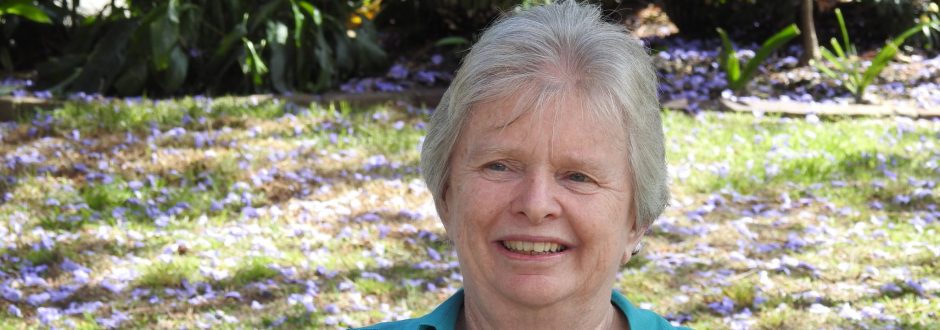Why is peace so elusive both at a global level and in our personal, one-on-one relationships, asks Good Samaritan Sister Clare Condon.
BY Clare Condon SGS
Over this past weekend of September 11, or “nine-eleven” as it has come to be identified, print media, radio and television have swamped us with reminders and memorials of that tragic day in 2001, just ten years ago, when it seemed world peace was shattered forever.
Peace still eludes our world and conflicts abound. We continue to witness violent civil wars erupting in nations seeking freedom and democracy; we see riots on streets in so-called civilised nations; we see drug and alcohol fuelled brawls in cities and suburbs; and we hear of domestic violence, the often hidden but brutal response to daily life.
According to the website globalissues.org, it’s estimated that worldwide military expenditure in 2010 was $US1.62 trillion – or about $US236 per person – and a 50 per cent increase since 2001. Yet, rather than provide security to the world’s peoples, such expenditure on the machines of war seems to have escalated violence.
It is often argued that poverty fuels desperation and violence. Perhaps there is a lesson yet to be learnt: that greater expenditure on poverty alleviation and economic development would be a far better investment in global security and peace.
Why is peace so elusive both at a global level and in our personal, one-on-one relationships? Some 1,500 years ago Saint Benedict of Nursia, often regarded as the patron of Europe, cried out to his followers “to seek peace and pursue it”. Such a dictum is still needed for a wounded world like ours in 2011.
In a week’s time on September 21, the global community is called by the United Nations to commemorate the International Day of Peace. In 1981, during the discussion of the UN Resolution that established this day, it was suggested that: “Peace Day should be devoted to commemorating and strengthening the ideals of peace both within and among all nations and peoples… This day will serve as a reminder to all people that our organisation, with all its limitations, is a living instrument in the service of peace.”
As we know, there are many inhibitors to peaceful relationships. The drive to inordinate power and excessive obsession with greed are but two which haunt our world. Fear and anger can explode into violent fight and desperation. So how do we seek peace and pursue it?
In our individual lives we can at times feel helpless when faced with such enormous social and personal issues. Yet we can act. Change can begin with one personal action – to be and to do something differently today and each day thereafter.
Some of the suggested activities identified for Peace Day 2011 include: lighting a candle at noon; sitting in quiet meditation for a few minutes to calm one’s own heart and mind; attending a locally organised peace event; actively seeking forgiveness from someone you have injured; or joining a global organisation that advocates and works for peace.
Might we add to this list our plea for Governments to divert the estimated $US236 per person on military matters to alleviating poverty and providing economic and personal development?
There are attitudes and attributes that are necessary for living a life in the pursuit of peace. Peace needs to be cultivated in personal relationships with attitudes of forgiveness, compassion and understanding, but firstly with oneself in order to reach beyond to the other. Only then can we work together actively for peace, not just as an ideal, but as a fact of life in all our relationships.
Let us spread the news on September 21 that the pursuit of peace is a task for all of us.
